Hydraulic/ Calyx Machine Method for assessment of safe bearing capacity
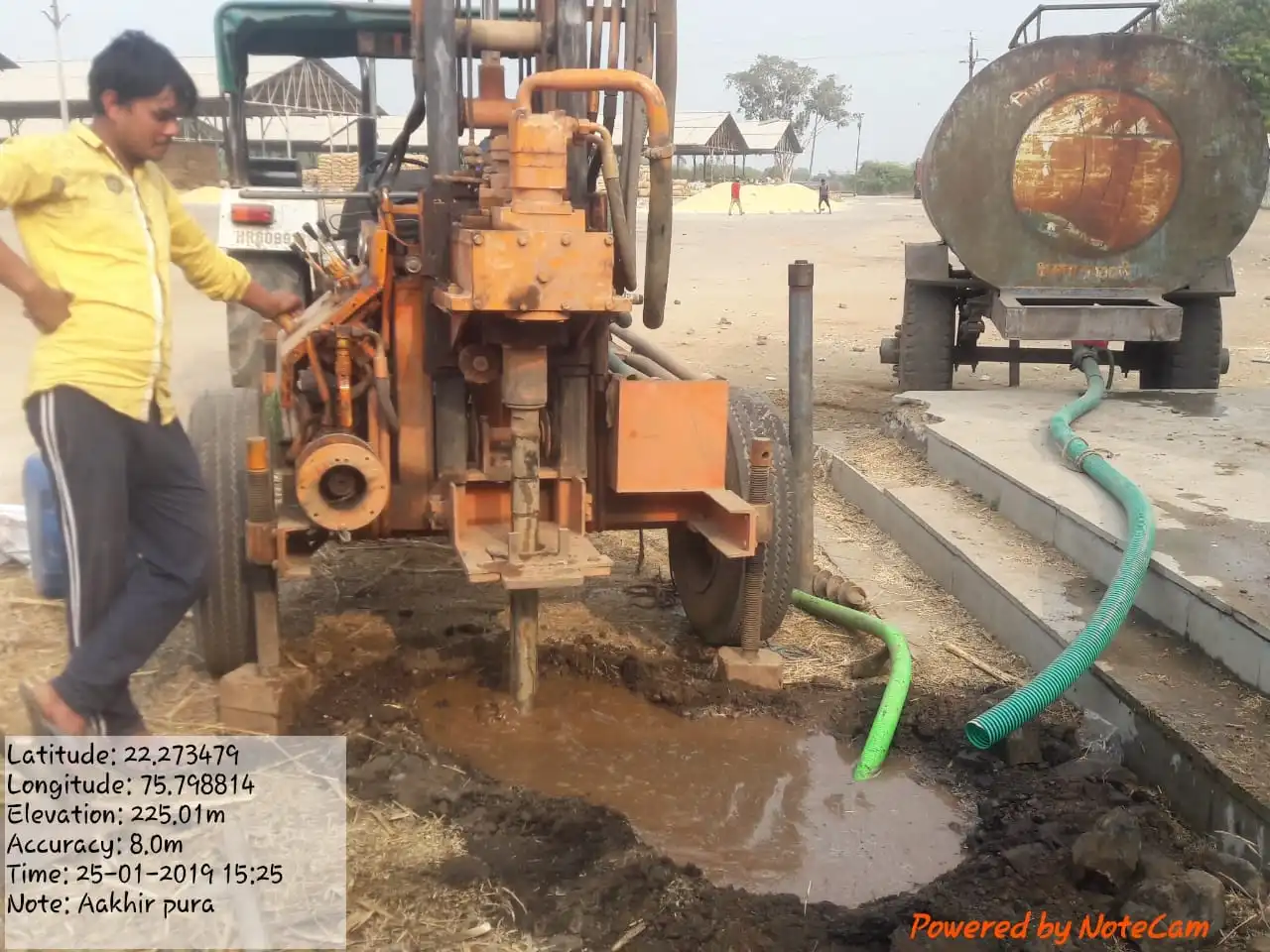

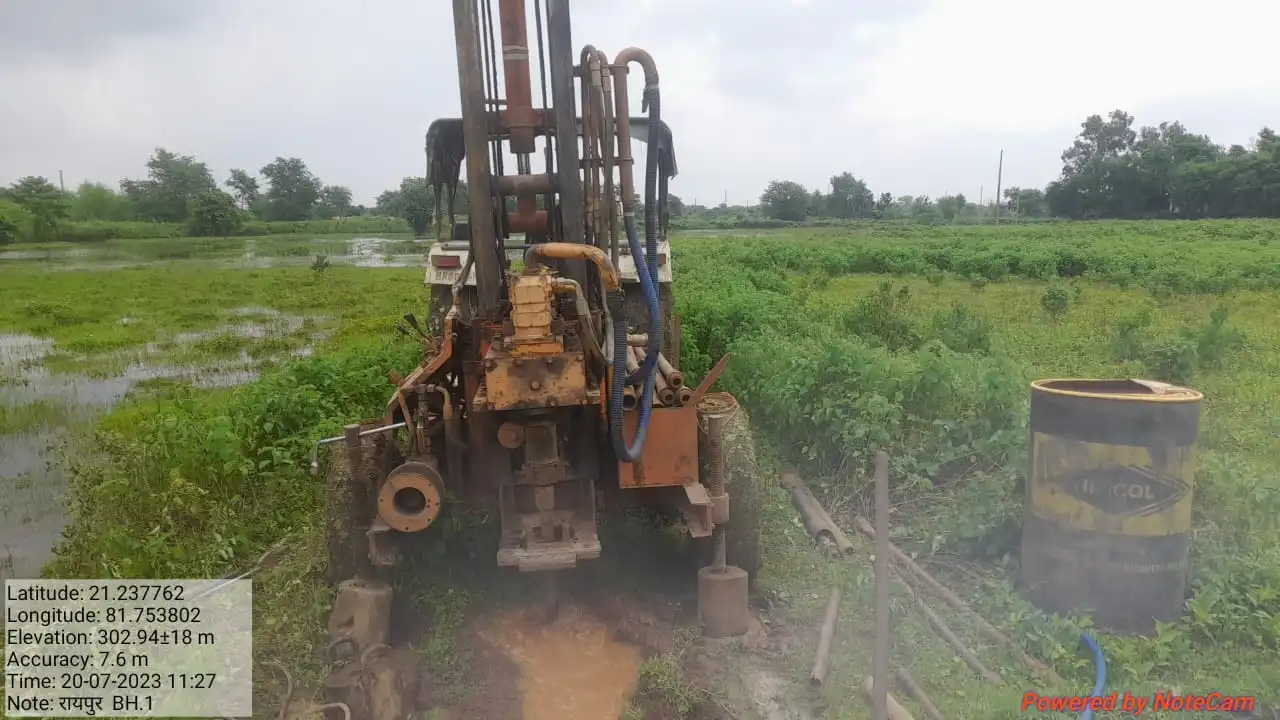
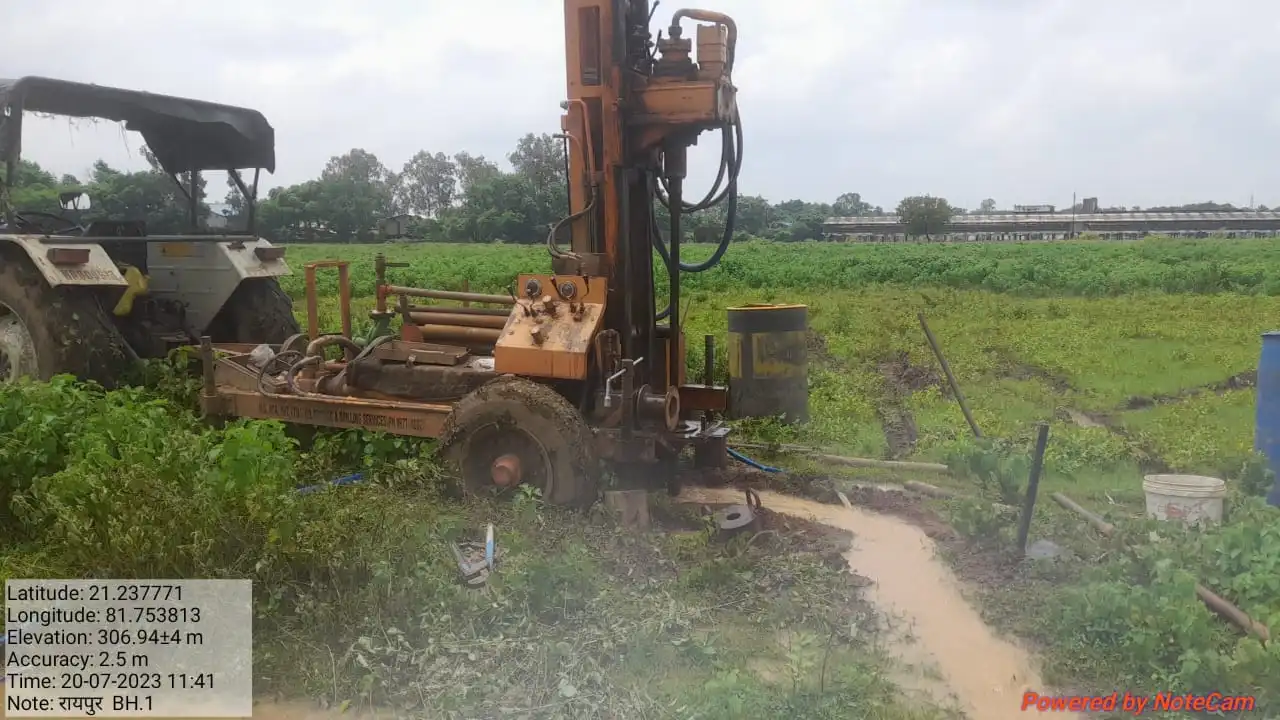
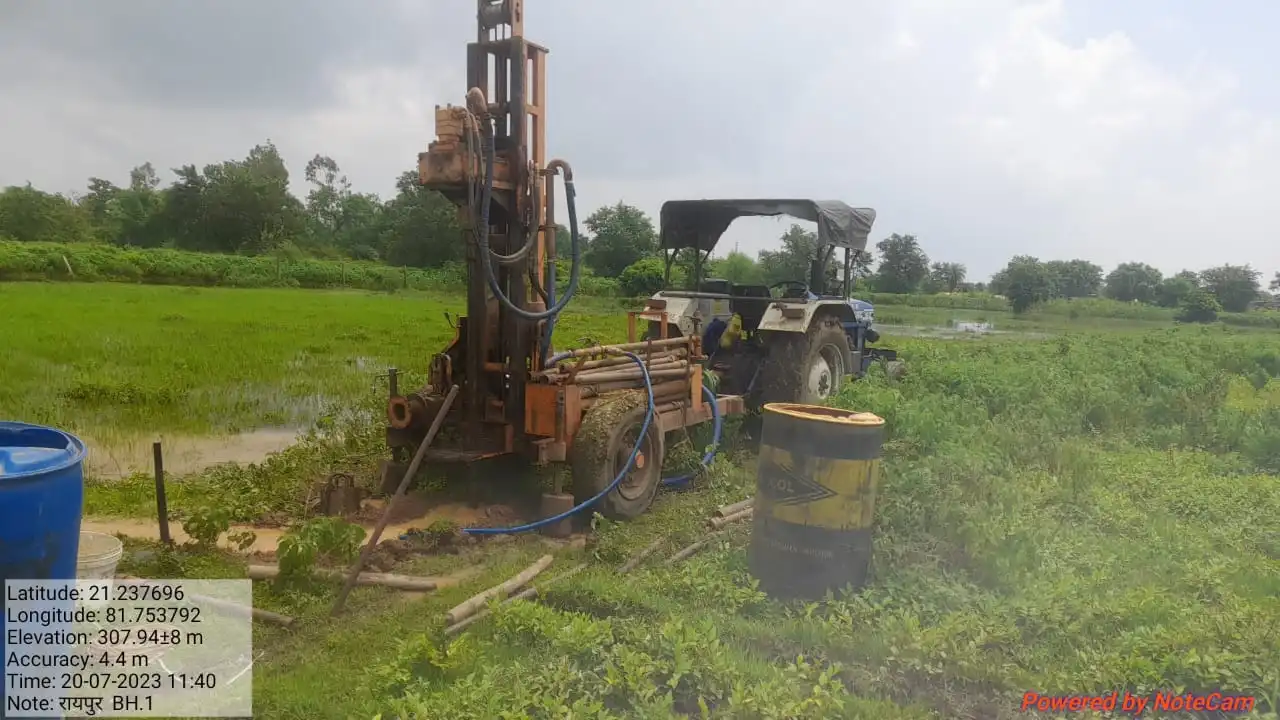
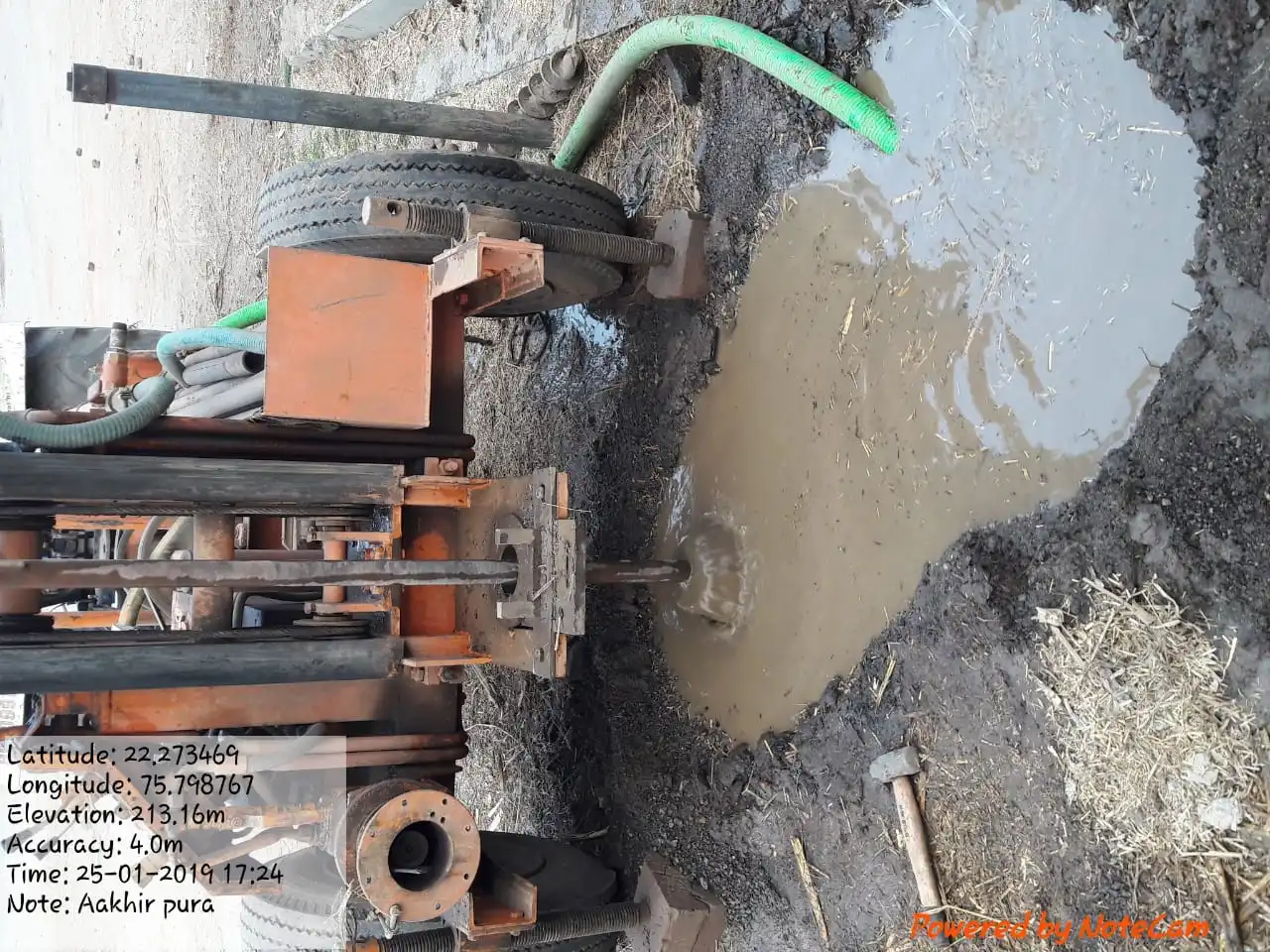
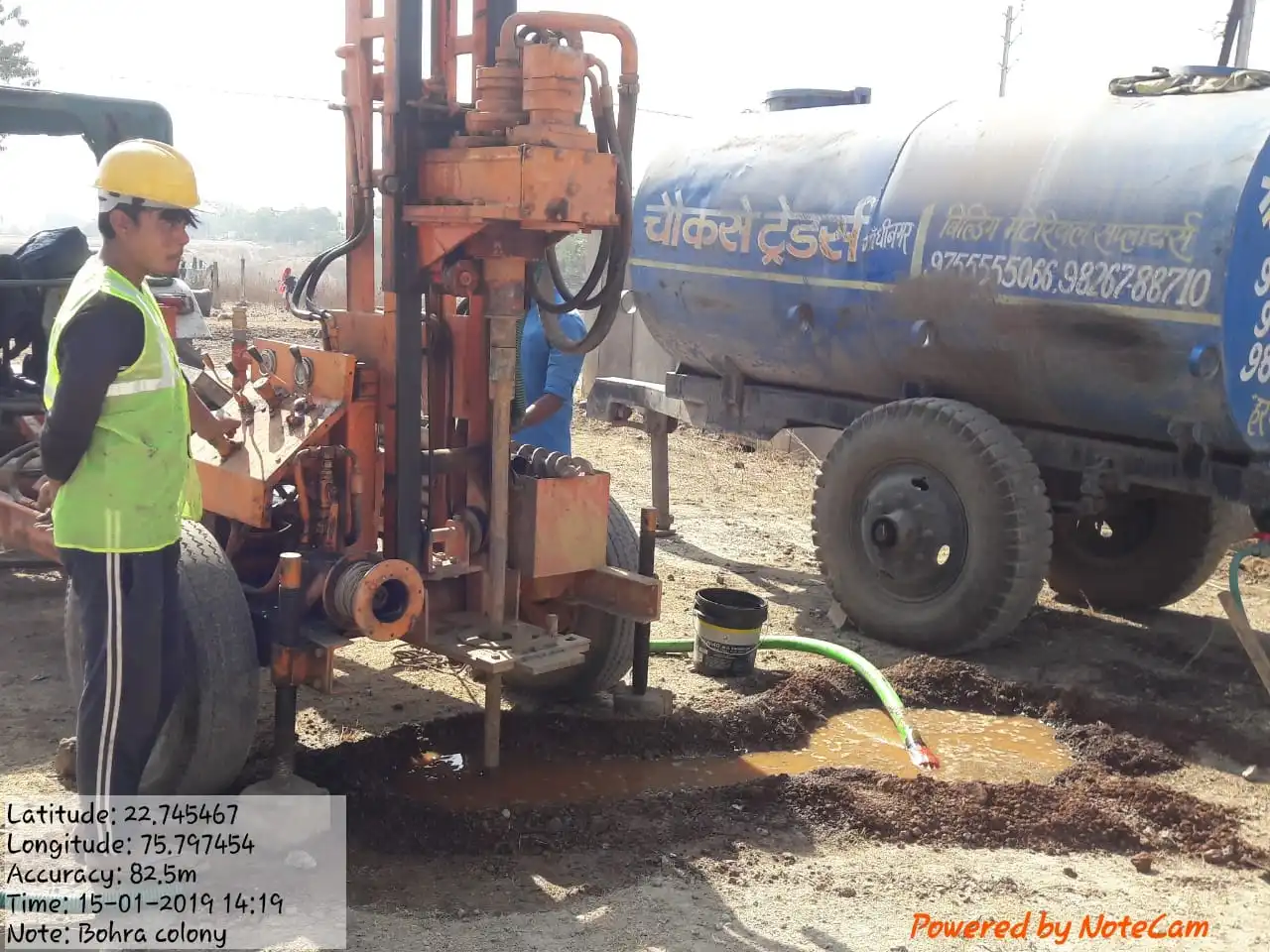
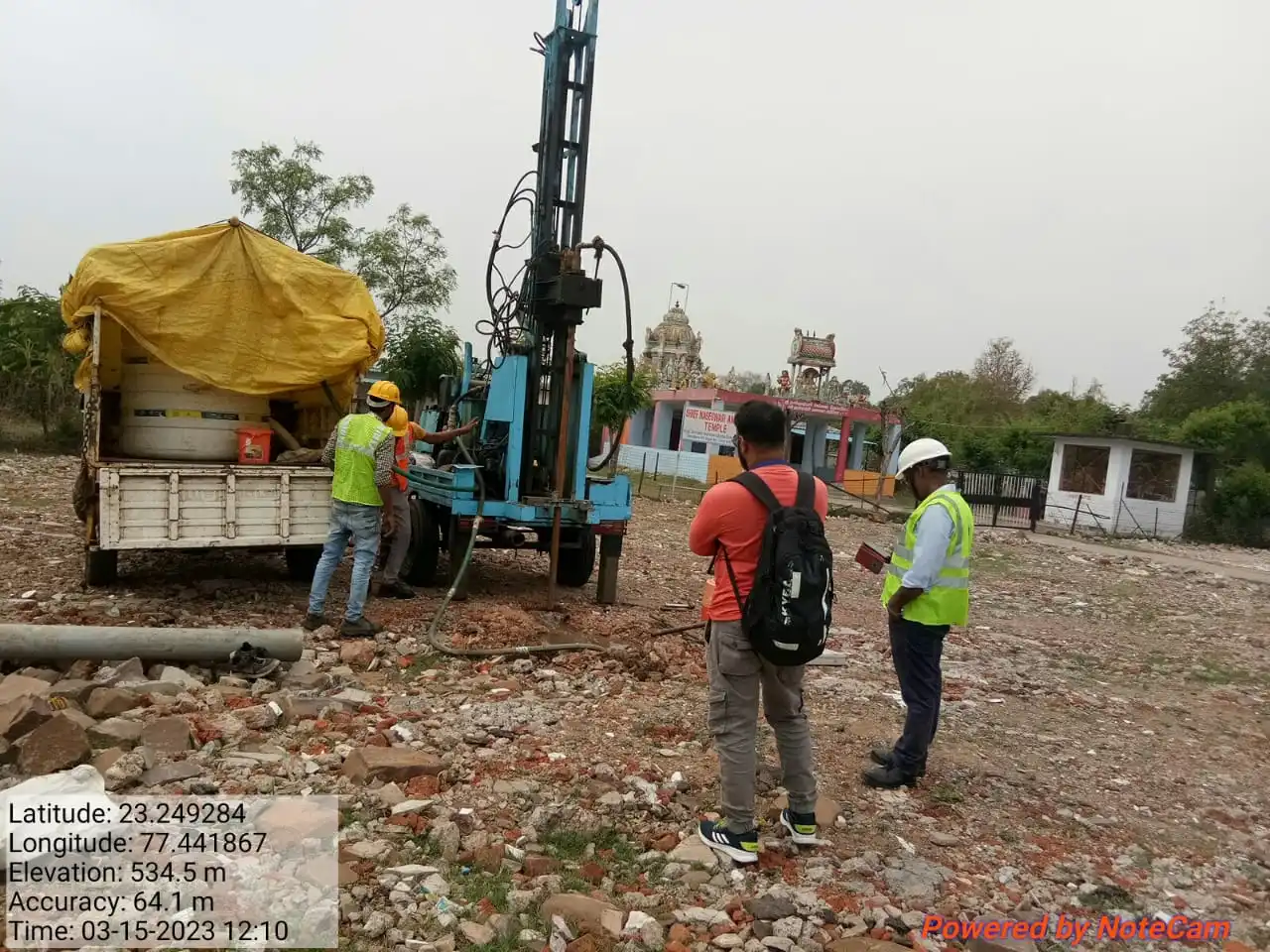
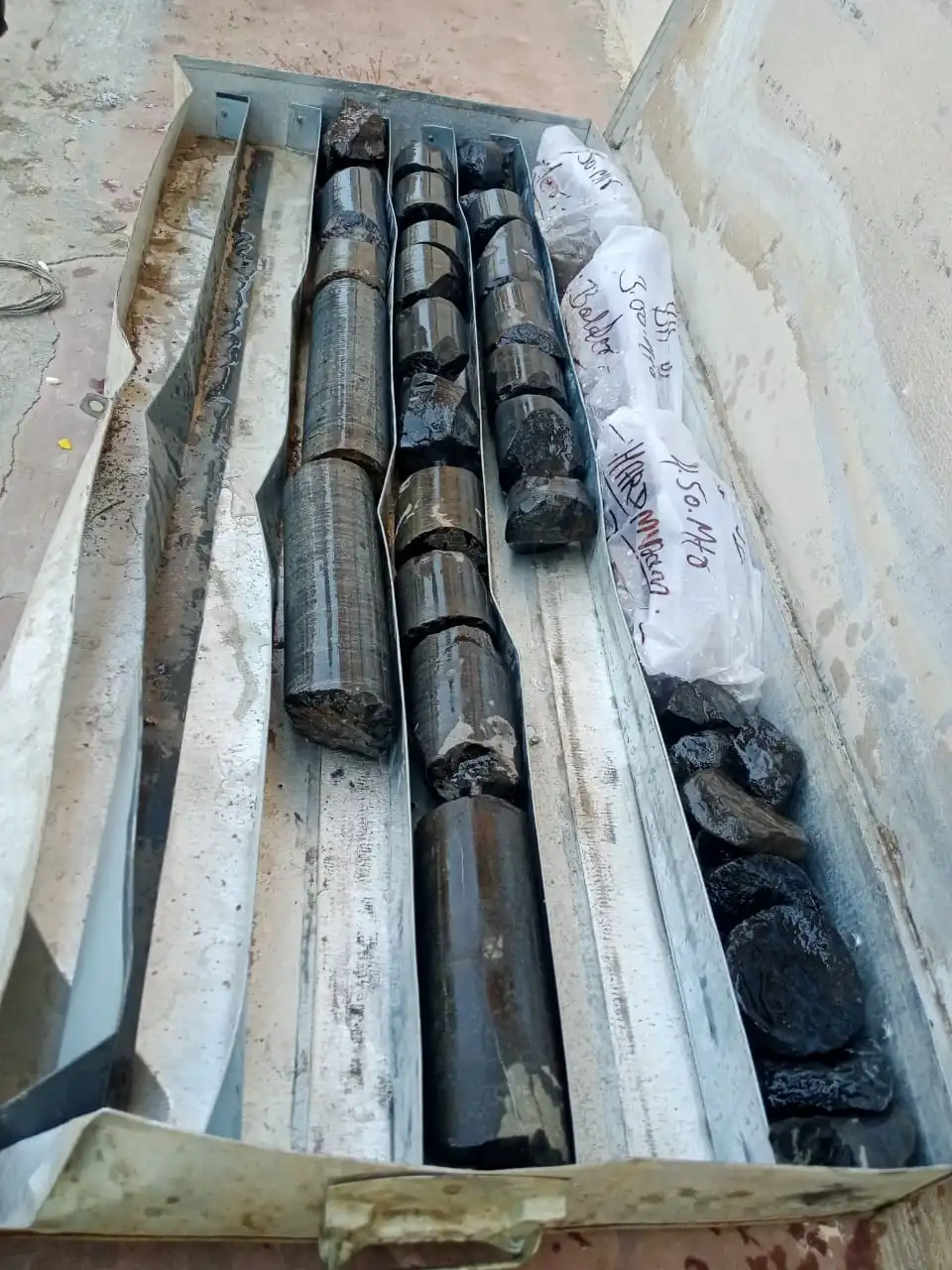
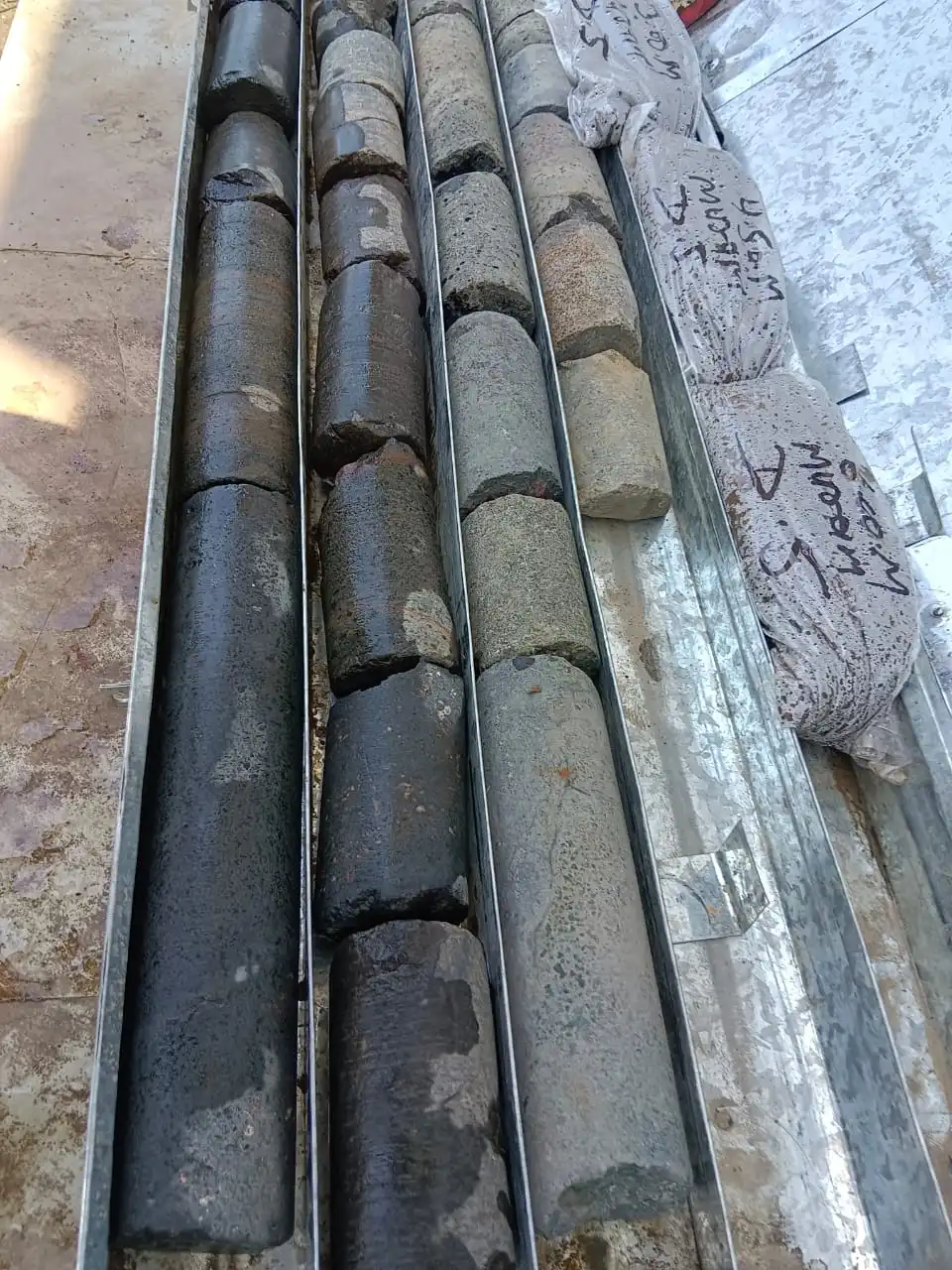
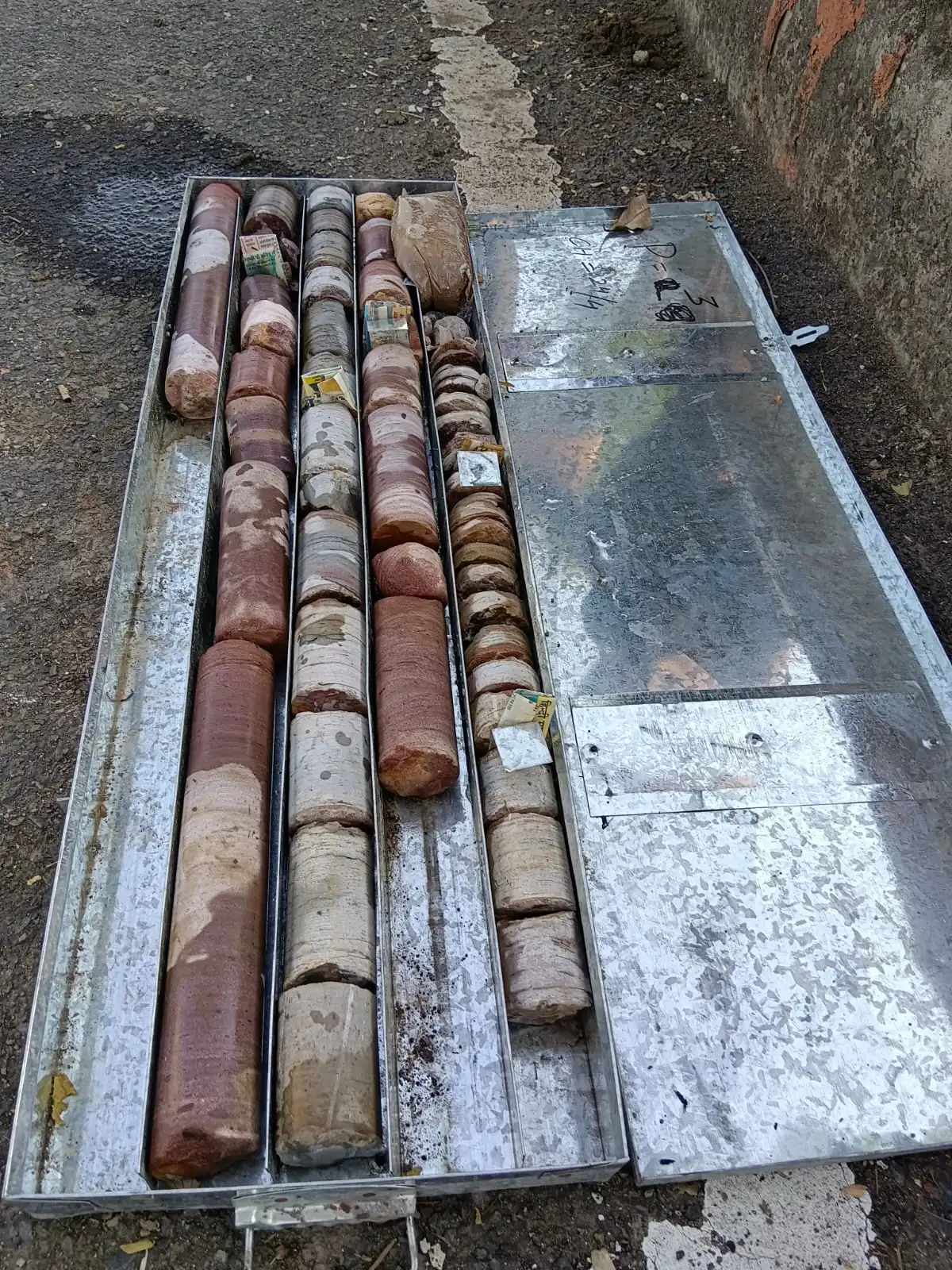
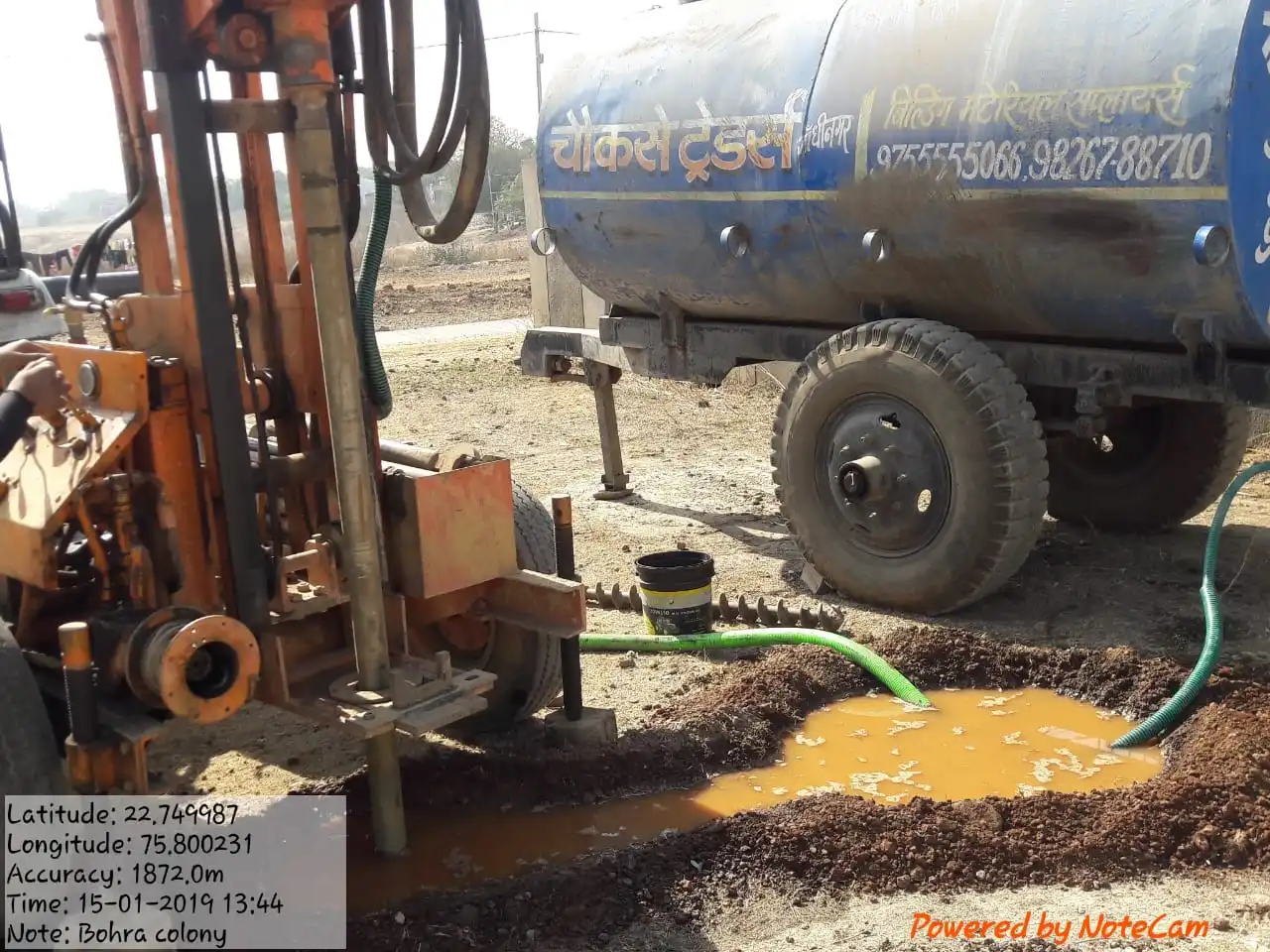
Geotechnical Investigation By Hydraulic Machine
Soil investigation by hydraulic machine is a modern geotechnical technique used to assess subsurface conditions with precision and efficiency. This method employs hydraulically powered drilling rigs to penetrate various soil layers, enabling the extraction of core samples and in-situ testing at controlled depths. The hydraulic mechanism ensures consistent pressure and speed, which enhances the accuracy of data related to soil composition, bearing capacity, moisture content, and stratification. Particularly effective in urban or constrained environments, hydraulic machines minimize noise and vibration while offering rapid deployment and mobility. This approach is vital for designing safe foundations, evaluating construction feasibility, and mitigating risks in structural and infrastructural projects.
Geotechnical Investigation By Calyx Machine
Soil investigation by Calyx machine is a specialized drilling technique used to extract undisturbed core samples from subsurface strata for geotechnical analysis. The Calyx machine operates with a rotating cutting bit and a core barrel, enabling precise penetration through various soil and rock layers. Its design allows for minimal disturbance to the sample structure, making it ideal for assessing soil bearing capacity, stratification, and material composition. Often employed in foundation design, infrastructure planning, and structural retrofitting, the Calyx method provides reliable data for engineers to evaluate ground conditions and mitigate construction risks. Its portability and adaptability make it suitable for both urban and remote site investigations.